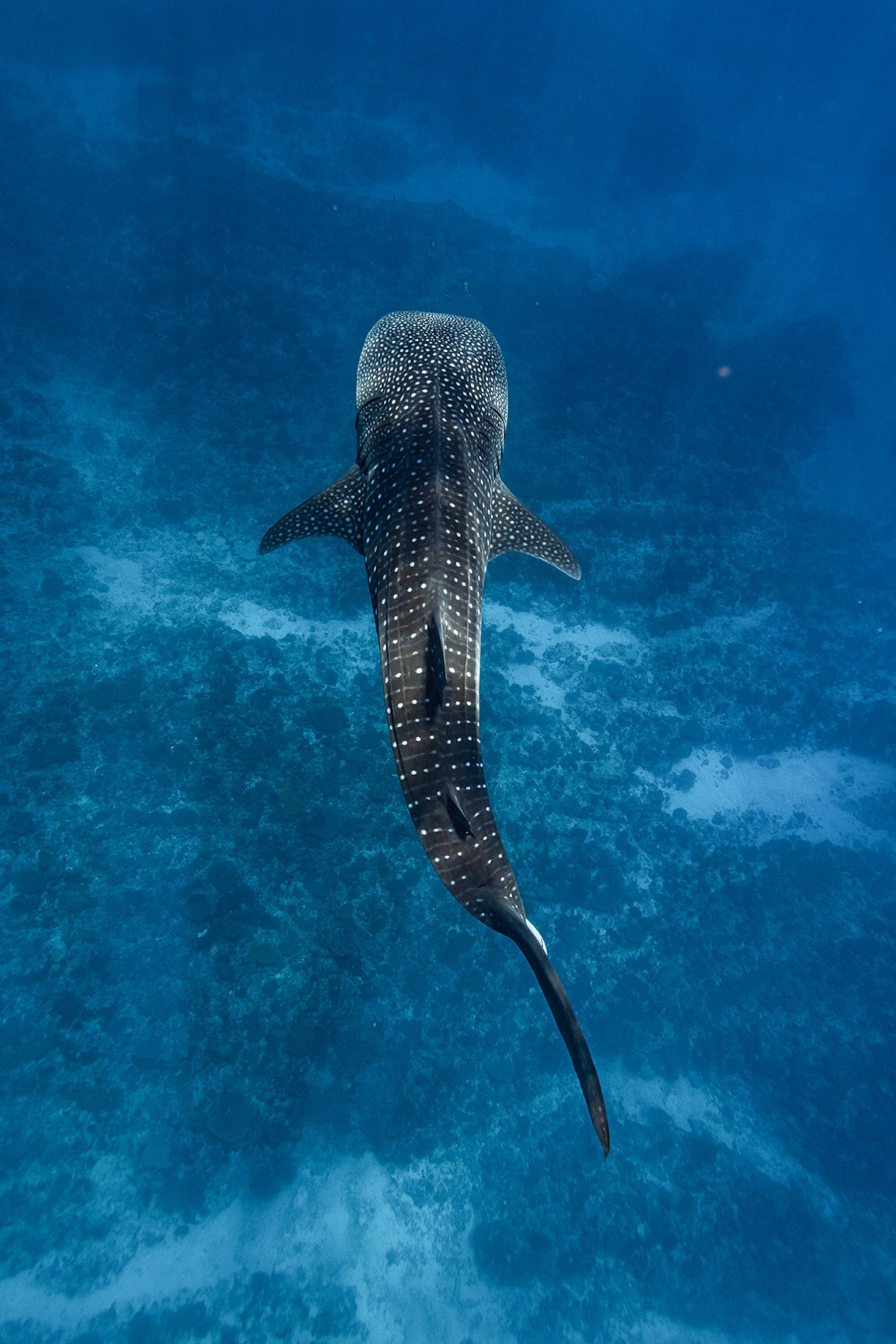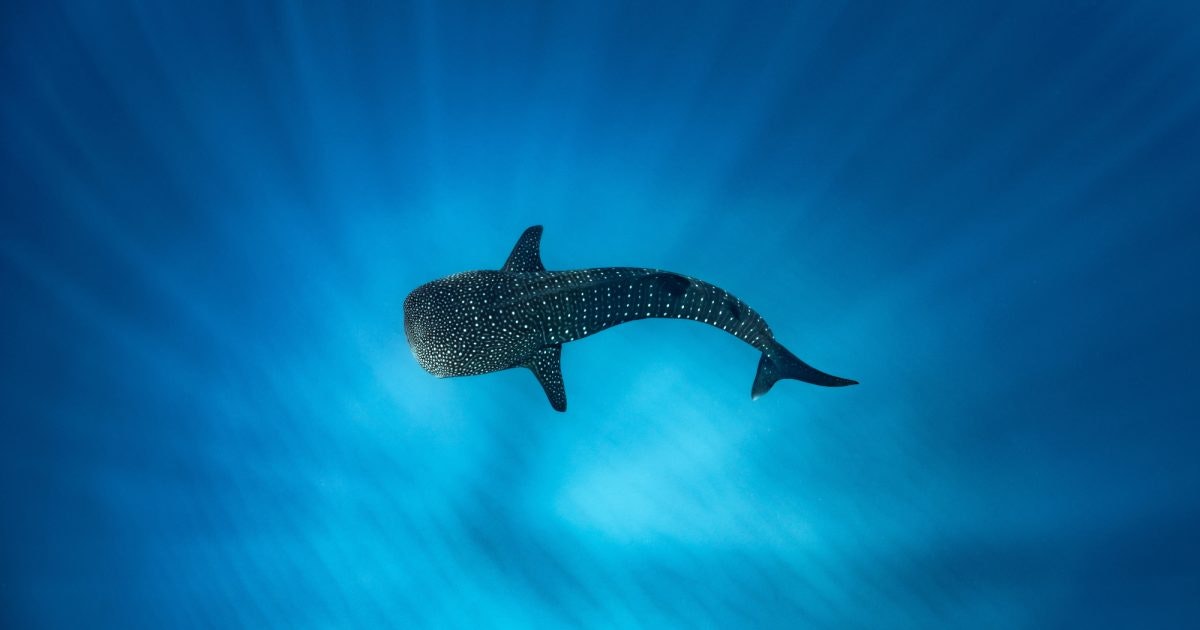Ningaloo Reef on Australia’s western coast offers a rare combination: whale sharks, coral reefs, and remote dunes in a World Heritage setting—all experienced ethically. For those seeking a responsible marine encounter, its strict protections and remote access make it unmatched globally.
A World Heritage reef that equals sustainability
Stretching some 260 km along Western Australia, Ningaloo is the largest fringing reef on Earth and a UNESCO World Heritage Site. It grows within paddling distance of the shore—making wildlife encounters accessible without the carbon-intensive boat traffic common elsewhere. With fewer tourists than the Great Barrier Reef, Ningaloo remains one of the world’s most pristine marine environments.

From March to July each year, coral spawning triggers plankton blooms that attract whale sharks in numbers—some operators report sighting rates up to 95 percent. These gentle giants coexist with turtles, manta rays, and humpback whales in a vibrant ecosystem barely touched by civilization.
Ethical snorkelling anchored by clear rules
Ningaloo Marine Park enforces best practices to safeguard whale sharks: licensed operators are limited in number; only one boat may approach a group at a time, swimmers must keep three metres distance, and only ten guests are allowed in the water per encounter. Touching, feeding, or attempting to ride sharks is strictly prohibited.
Data shows that controlled access and strict time limits help limit stress on the animals. The reef’s citizen science programs document each encounter through photography and tagging, ensuring tourism also supports research.
Sal Salis and low‑impact luxury
At Sal Salis Safari Camp, guests disconnect within Cape Range National Park dunes and enjoy eco-friendly luxury: beachside tents, local produce dinners, and guided snorkels that focus on wildlife, not Wi‑Fi. With minimal infrastructure and a strong conservation ethic, Sal Salis provides immersive experiences with minimal environmental footprint.

Travelers often combine snorkeling tours with stays in Exmouth or Coral Bay—both working communities shaped by sustainable tourism. Operations here promote reef-safe sunscreen usage and support post-trip discussions under fiery dusk skies, connecting encounter with reflection.
Conservation-minded encounters shape a future
Whale shark tourism at Ningaloo goes beyond spectacle—it funds research and reinforces species protection. Scientists use Crittercam footage and tagging to assess behaviors, migration, and the impact of tourism. Observations suggest the reef is a critical hub for whale shark life cycles.

With pressure increasing—tourist swims rose from just over 3,000 in 2000 to nearly 40,000 in 2023—the reef’s marine park management must adapt. Ongoing evaluation and data-driven regulation aim to ensure whale sharks continue to thrive, even as interest grows.
Ningaloo sets the standard for responsible marine tourism
Ningaloo Reef proves intensive wildlife experiences can coexist with sustainability. Its balance of wild beauty, ethical tour limits, local conservation engagement, and low‑impact luxury makes it a global example of how travel can respect ecology and deliver awe.
Here, visitors don’t just swim with whale sharks—they help safeguard their future.





